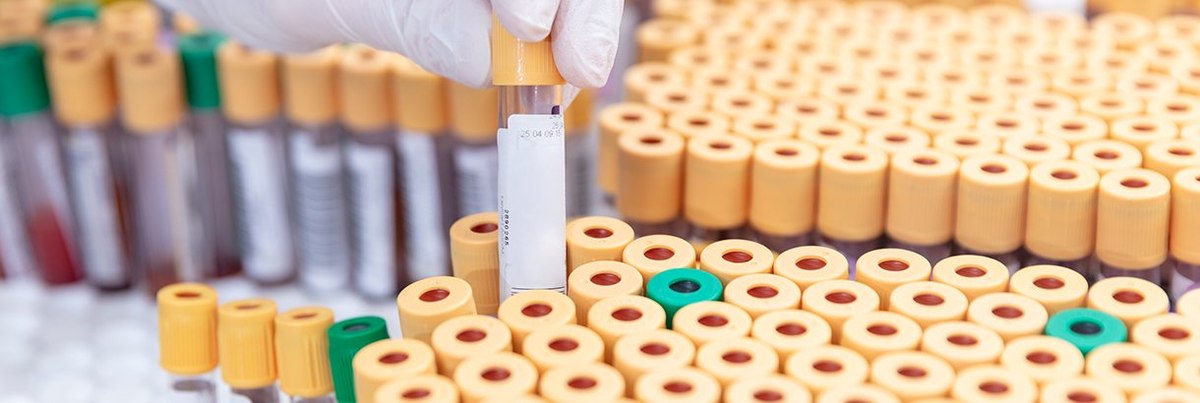Even as researchers pass the significant hurdles in record time to create a vaccine to protect against COVID-19, Americans still doubt one will be ready this year.
On July 22, the Trump administration announced a contract with an American pharmaceutical company, Pfizer, to secure 100 million doses of their eventual coronavirus vaccine by December 2020. The latest Economist/YouGov Poll indicates that Republicans (37%) are more optimistic than Democrats (27%) and Independents (25%) that a coronavirus vaccine could be ready before the end of the summer or the end of 2020.
About half of Americans (49%) don’t anticipate a vaccine until 2021 or later.
The United States and other nations affected by COVID-19 have poured billions of dollars into developing an effective vaccine in rapid time. Still, the potential Pfizer vaccine — which is being produced in collaboration with German biotech company and Chinese drugmaker — still needs to prove that it is safe and effective in clinical trials. While a 2020 roll-out date could be possible if everything goes smoothly, other vaccine manufacturers are anticipating an early 2021 arrival.
Trended data from The Economist/YouGov indicates that even as potential COVID-19 vaccines enter Phase III of clinical trials, Americans have only grown slightly more optimistic (25% to 29%) about one arriving in 2020. Overall, Americans have not changed their belief of when a vaccine will be ready for the public. In mid-June, a plurality of adults (41%) believed a vaccine would be available in 2021. That number remains largely unchanged (42%) in July.
About one in five (22%) Americans are uncertain about when a COVID-19 vaccine will be available to the general public. Other Economist/YouGov data indicates that one-third of Americans (33%) are uncertain about whether they will get the eventual vaccine. About two in five (42%) say they would, and a quarter of the general public (25%) says they will not.
See the toplines and crosstabs from this week’s Economist/YouGov Poll
Methodology: This Economist survey was conducted by YouGov using a nationally representative sample of 1,500 US adult citizens interviewed online between July 19 - 21, 2020. The approximate margin of error is 3.2 percentage points for the overall sample. Samples are weighted according to gender, age, race, and education based on the American Community Survey, conducted by the US Bureau of the Census, as well as 2016 Presidential vote, registration status, geographic region, and news interest. Respondents were selected from YouGov’s opt-in panel to be representative of all US citizens.
Image: Getty









